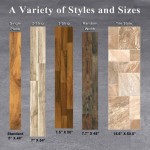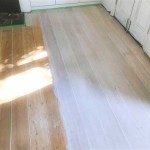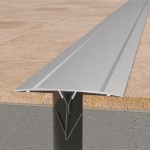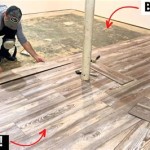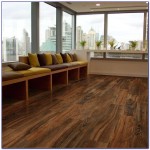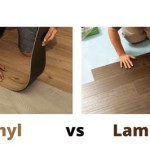Understanding Engineered Wood Flooring Vs Hardwood Cost
Choosing the right flooring for your home can be a daunting task, with numerous materials and styles to consider. Among the popular options are hardwood and engineered wood flooring, each offering unique benefits and drawbacks. While hardwood flooring is known for its timeless elegance and durability, engineered wood flooring provides a more affordable alternative with greater stability. Understanding the cost differences between these two types of flooring can help you make an informed decision that aligns with your budget and lifestyle.
Cost Factors for Hardwood Flooring
Hardwood flooring prices vary widely depending on several factors. The type of wood is a primary determinant, with exotic hardwoods like Brazilian cherry and walnut costing significantly more than domestic options like oak and maple. The grade of the wood also plays a role, with higher grades featuring less knots and imperfections, resulting in a higher price. In addition, the size and width of the planks, the finish, and the installation method all contribute to the overall cost.
Installation costs for hardwood flooring can be substantial, further adding to the overall expense. Professional installation requires skilled labor and time, and the complexity of the project, such as the presence of stairs or intricate patterns, can significantly impact the cost. Moreover, subfloor preparation, which may include leveling and moisture mitigation, is often necessary before hardwood installation, further increasing the overall budget.
Cost Factors for Engineered Wood Flooring
Engineered wood flooring offers a more budget-friendly alternative to solid hardwood. It consists of multiple layers, with a thin veneer of hardwood on top, providing the look and feel of genuine hardwood at a lower price. The core layers are typically made of plywood or other engineered wood products, offering greater stability and resistance to warping and expansion than solid hardwood.
The cost of engineered wood flooring is influenced by factors similar to those that affect hardwood prices. The type of wood used in the veneer layer, the thickness of the veneer, and the overall quality of construction all contribute to the price. Engineered wood flooring is generally less expensive than solid hardwood, especially when considering high-quality exotic species. However, it's important to note that some engineered wood floors can be priced comparable to solid hardwood, particularly those with thick veneers and premium finishes.
Installation costs for engineered wood flooring are typically lower than those for solid hardwood. This is due to the increased stability and easier installation process of engineered wood. However, installation costs can still vary depending on the complexity of the project and the labor rates in your area.
Key Points to Consider
While engineered wood flooring offers a more affordable option, solid hardwood offers a higher level of durability and longevity.
Engineered wood flooring is more stable and resistant to warping and expansion, making it suitable for areas with fluctuating moisture levels.
The cost of both hardwood and engineered wood flooring can vary significantly based on factors such as the type of wood, the quality of construction, and the installation method.
Ultimately, the best choice for your home depends on your budget, your desired aesthetic, and your lifestyle.

Hardwood Vs Engineered Wood Flooring Which Is Better Bessemeter

Engineered Wood Vs Hardwood What S The Difference

Engineered Wood Flooring Vs Solid Forté

Engineered Wood Flooring Vs Laminate Cost

Engineered Wood Flooring Vs Solid Which Is Best Step Into Style The Ultimate Guide To

How To Choose Between Engineered Solid Wood Flooring Adige Design

Solid Vs Engineered Hardwood Which Is Better

Hardwood Vs Engineered What S The Difference Cosmaroma

Engineered Wood Flooring Vs Laminate Albany Woodworks

The Ultimate Guide To Engineered Hardwood Flooring Precision
See Also
